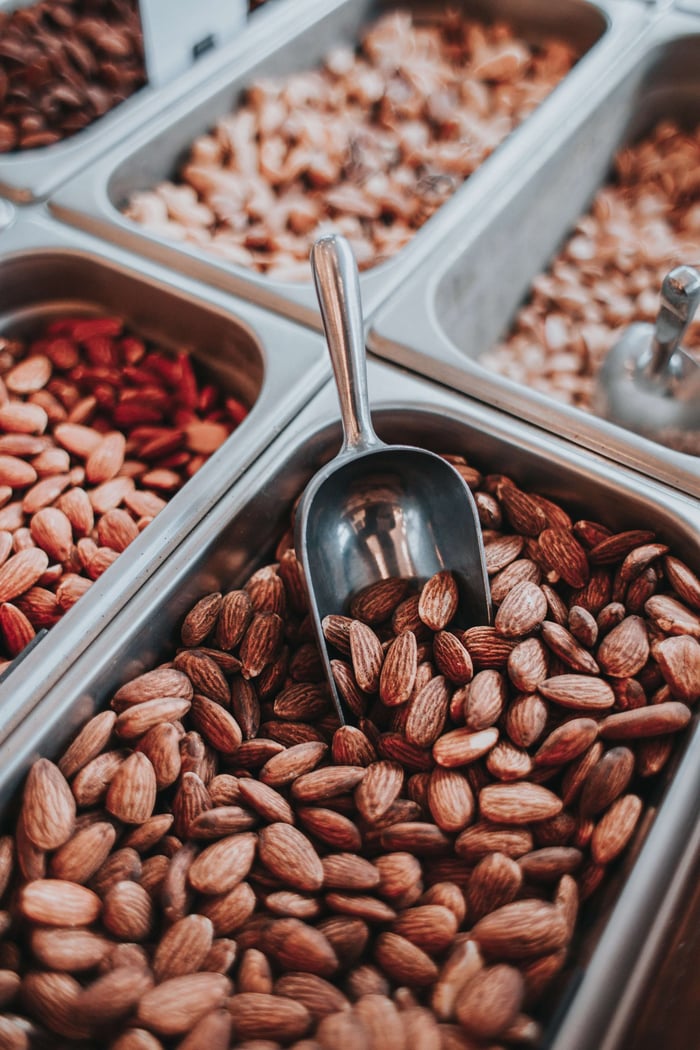Dairy Free Calcium Rich Foods
This information may be helpful for anyone wanting to include more calcium rich foods in their diet and particularly helpful for any new Mamas who have been advised to exclude dairy from their diet while breastfeeding.
If you ask most people where they get calcium in their diet they will say dairy but there are also many other options!
After pregnancy, when oestrogen levels naturally start to decline, bone density follows. Calcium is also a component of breastmilk and the body will take what it needs from the mother's bones, making this a particularly important time to maintain calcium intake - as well as during pregnancy.
Firstly it's important to know why we need calcium:
- to maintain bone density, structure and strength, including our teeth!
- to support baby's growth (bones and teeth)
- for muscle contraction and cardiac rhythm
- hormone regulation
- blood clotting
- nerve function
In order to avoid the now fairly common condition, osteoporosis, later in life, it is imperative particularly for breastfeeding Mamas to be aware of not only calcium intake, but Vitamin D levels and regular exercise.
Dairy Free Calcium Rich Foods to include in your diet
Fish (with bones) tinned sardines and mackerel (sustainable, rich in omega-3, cost effective), tinned salmon with soft bones, herring, prawns, oysters, clams
Seaweed wakame (buy dried and hydrate at home - shop bought sushi salads usually contain many additives and preservatives)
Dark Leafy Greens broccoli, kale, bok choy, watercress, spinach and silverbeet (must be cooked to reduce oxalate and phytic acid content)
Legumes beans, chickpeas, lentils, green peas, soy (edamame, tofu, tempeh, soy milk - always organic)
Figs dried figs contain more calcium than fresh figs but also more sugar and calories
Nuts & Seeds almonds, hazel nuts, brazil nuts, walnuts, pumpkin seeds, sunflower seeds, unhulled tahini (sesame seed paste)
Calcium Fortified Non-Dairy Milk
- soy, almond, oat, rice milk (have varying amounts of protein and sugar content, check the labels)
Vitamin D is essential for calcium absorption, check via a blood test and supplement if necessary

